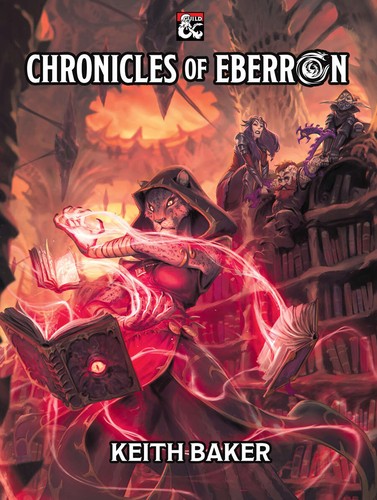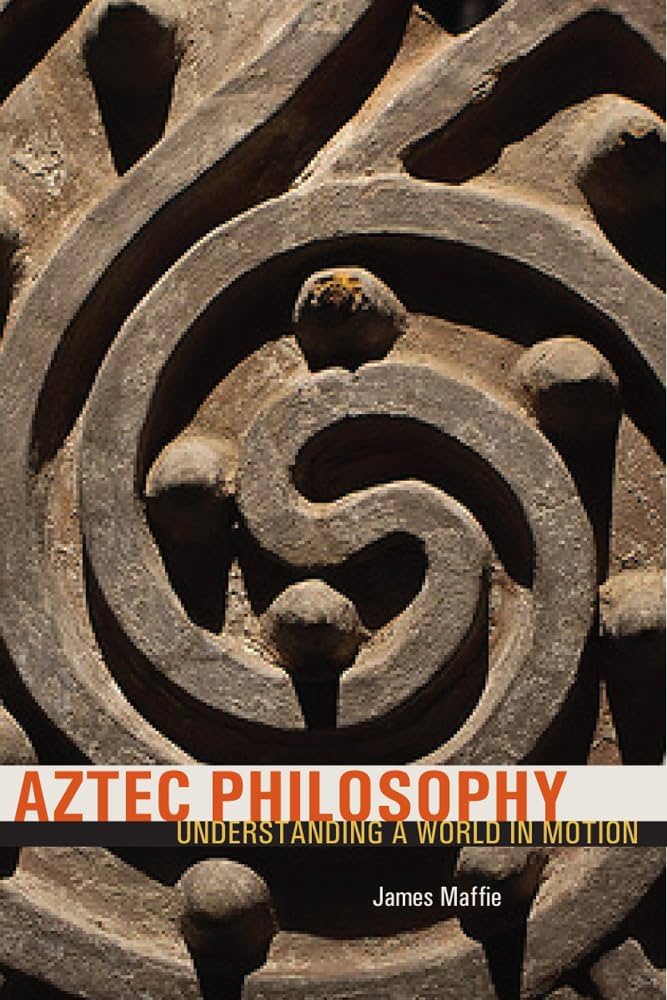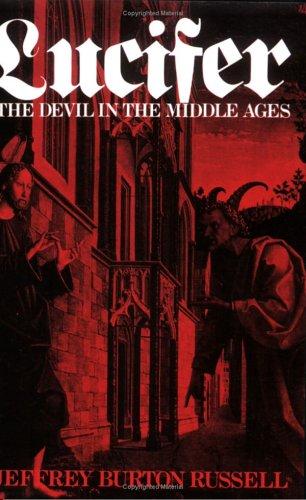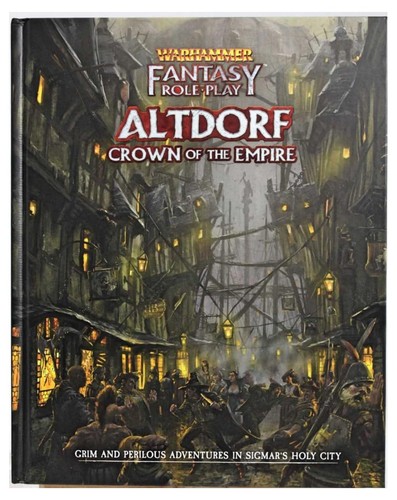Jürgen Hubert reviewed Chronicles of Eberron by Keith Baker
Useful for the hardcore Eberron fan
4 stars
This book by @hellcowkeith@dice.camp is not a book that focuses on a specific topic and covers that topic in detail, like the assorted 3.5 books for Eberron did. It is best to see it as a collection of essays on a variety of niche topics - some of which are very niche, such two minor gnome subcultures.
Some of the chapters are broader in scope, and personally I found the chapter on the Overlords, The Dark Six, and the lore and folk-lore about undead the most useful. As an amateur folklorist, I especially appreciated the last one - to run good adventures about monsters, you should not only contemplate their stats, but also what the people within the world know about them, and what kinds of stories they tell.
Fans of Keith Baker's previous work will find plenty to like here, but I see this work to be more for …
This book by @hellcowkeith@dice.camp is not a book that focuses on a specific topic and covers that topic in detail, like the assorted 3.5 books for Eberron did. It is best to see it as a collection of essays on a variety of niche topics - some of which are very niche, such two minor gnome subcultures.
Some of the chapters are broader in scope, and personally I found the chapter on the Overlords, The Dark Six, and the lore and folk-lore about undead the most useful. As an amateur folklorist, I especially appreciated the last one - to run good adventures about monsters, you should not only contemplate their stats, but also what the people within the world know about them, and what kinds of stories they tell.
Fans of Keith Baker's previous work will find plenty to like here, but I see this work to be more for completists rather than a "must have" for Eberron fans.
Still, I suspect that Keith Baker's next work - "Frontiers of Eberron: Quickstone" will be more to my liking, since it is a more focused work on a specific topic and region. And as it happened, it is out right now - so excuse me while I download it. 😉






